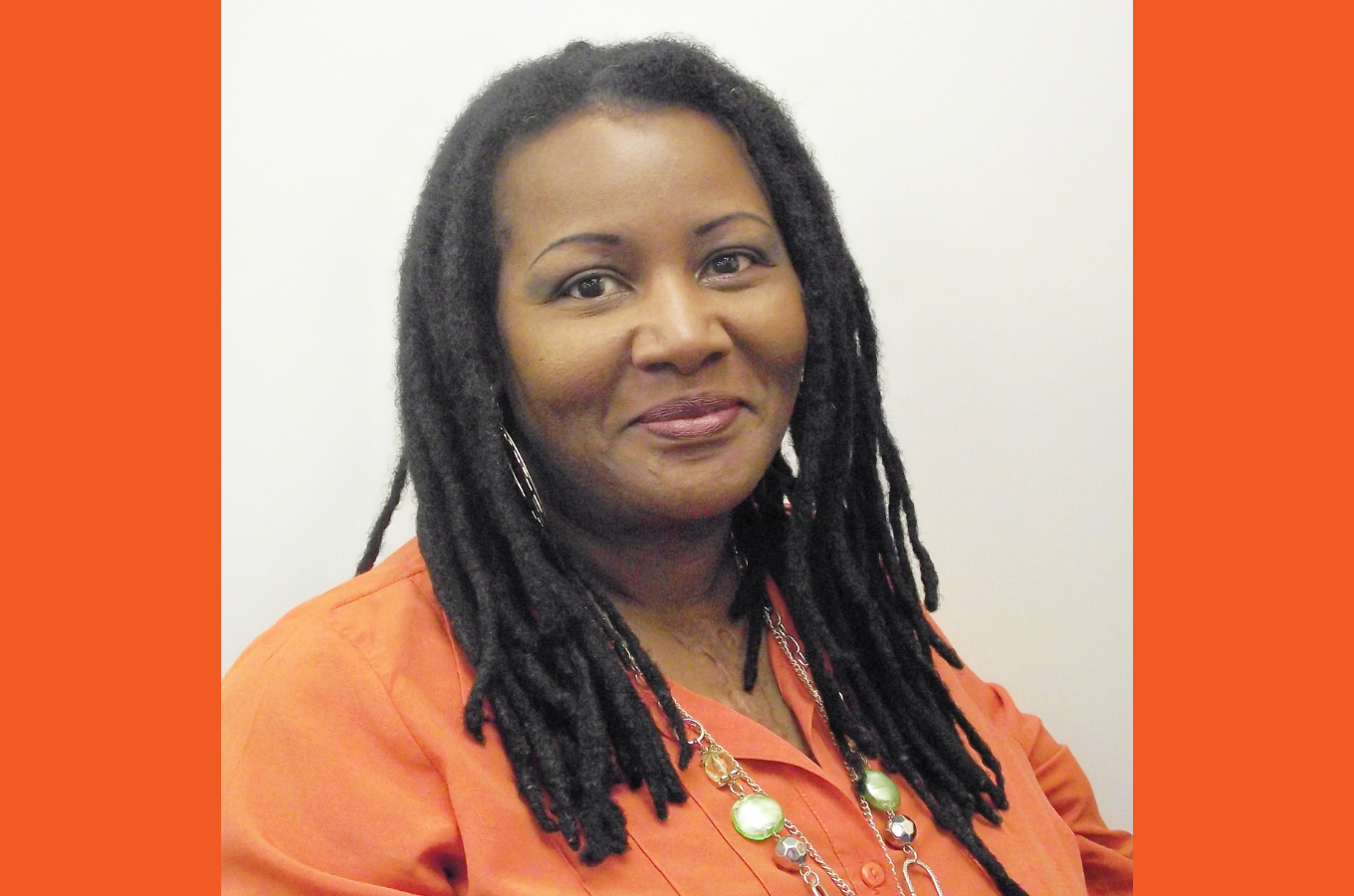
British-Nigerian horror writer Nuzo Onoh was recently featured in a BBC article and here are 5 interesting things we discovered.
Nuzo Onoh is an African horror writer and recently nominated for the British Science Fiction Awards. Onoh’s books The Reluctant Dead (2014) and Unhallowed Graves (2015) are collections of ghost stories depicting core Igbo culture, traditions, beliefs and superstitions. She has also written The Sleepless (2016), Dead Corpse (2017) and A Dance for the Dead (2022).
Check out the 5 fun facts about Onoh below:
Onoh is the Queen of African Horror
Onoh received the Bram Stoker Lifetime Achievement Award from the Horror Writers Association (HWA) in June 2023. The award describes her as “a pioneer of the African horror literary genre [whose] writing showcases both the beauty and the horrific in the African culture.”
But more than her own achievements, Onoh is proud that the category of African horror is now being recognized internationally:
When I started writing, if you googled ‘African horror’, what you would get was Aids, war, famine. But now you’ll get books, films. They are part of the literary genre pool.
Onoh is Terrified of Ghosts
According to the BBC piece, Onoh has developed a fear of ghosts and horror in her early 60s. While she admits that it feels natural to write about horror, she does not enjoy consuming it:
I am terrified of ghosts and darkness. I still sleep with a bright light on. I can’t sleep without [it] . . . As I grow older, I found that I struggle to watch horror films or read horror books.
Onoh Writes About Horror to Process Her Own Traumas
When Onoh was growing up, she witnessed the Biafran war in Nigeria between 1967-1970. This civil war was fought between Nigeria and the Republic of Biafra, a secessionist state under an Igbo general which had declared its independence from Nigeria in 1967. Although the military crushed the movement, around a million people died from famine, disease and war.
Growing up during such a turbulent time was difficult for young Onoh. She was a child refugee until the war ended and as a teenager, she moved to the UK to study in a Quaker boarding school for girls.
According to the BBC article, writing about horror helps Onoh process the real-life horrors she witnessed as a child during the Biafran war:
When I write it’s like a form of exorcism. We grew up during the Biafran war, surrounded by a lot of death. You sort of have this morbid fascination with everything horror.
Onoh’s Newest Book Challenges Igbo Superstitions
Onoh’s recent book A Dance for the Dead draws on Igbo culture, following the journey of Diké, first son of the fictional king of Ukari and heir to the throne. Diké is labeled as an “Osu” after he is found in the sacred shrine of the village god under mysterious circumstances
According to the Onoh in the BBC piece, Igbo tradition discriminates against Osus and views them as outcasts:
In Igbo tradition, Osus were people who ran into the shrines of deities to seek protection from threats from other community members. Anyone who ran into such a shrine would no longer be troubled, but at the cost of becoming an Osu – someone who’d dedicate their whole life to worshipping the deity while at the same time being an outcast in their community. Their new condition would prevent them and their offspring taking chieftaincy titles or marrying a freeborn.
Nigeria passed a law in 1956 that banned the practice of referring to people as Osu. However, the practice still continues and even today, a marriage can be cancelled at the last minute based on if one of the partners is an Osu or not.
Onoh says she opposes the Osu cultural practice and condemns the discriminatory nature of such labels:
Outcasts exist in every society, when you think about the outcasts of racism, of classism here in the UK. But some countries have taken things further. To create a caste of people that are excluded and made out to be inferior.
Onoh Believes in the Spiritual Practice of Reconnecting with Ancestors
While Onoh might be terrified of ghosts and horror, she does believe in the positive spiritual practice of reconnecting with ancestors. She even wrote a self-help book in 2017 titled Call Your Ancestors For Success and Happiness, where she gives practical advice on how to worship one’s ancestors and combines Igbo rituals and personal practice.
Specifically, Onoh is drawn to the spirit of her late mother. She describes in an anecdote that she was mowing the garden and narrowly missed a potentially lethal electrocution only because she was reflecting on a dream she had about her deceased mother.
Onoh also believes that her mother’s blessing is behind her recent award as the day she was officially awarded the Bram Stoker award happened to be the same day her mother had died, 7 years earlier. Some might see it as a coincidence but Onoh views it as a strengthening of the deep connection between herself and her mother.
***
Hope you enjoyed these 5 fun facts about our favorite African horror writer Nuzo Onoh!


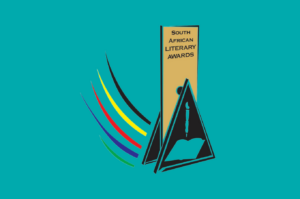
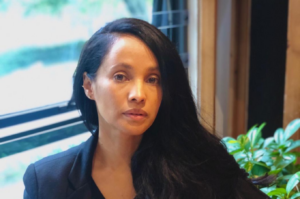
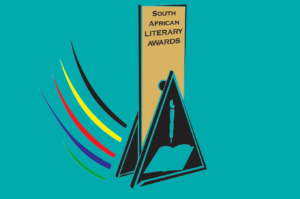
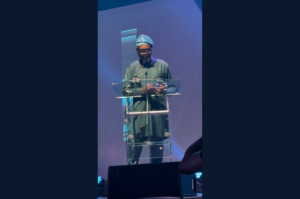

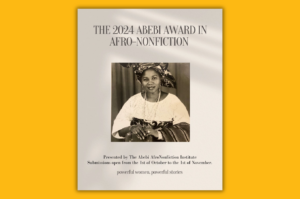

COMMENTS -
Reader Interactions